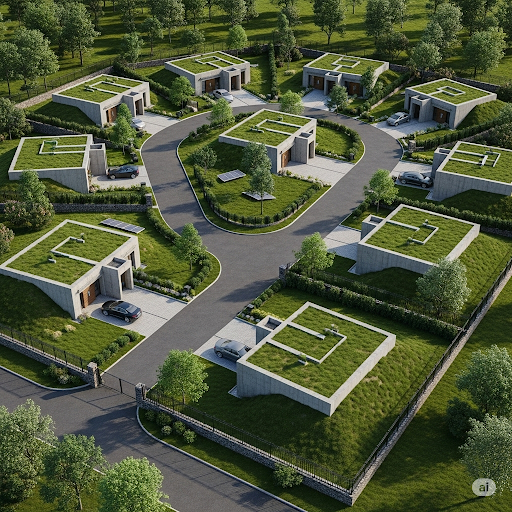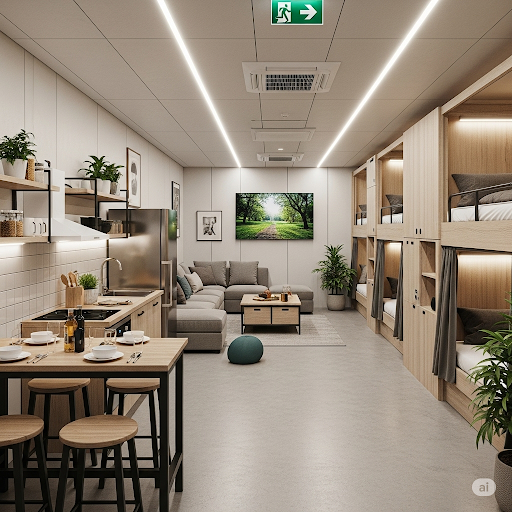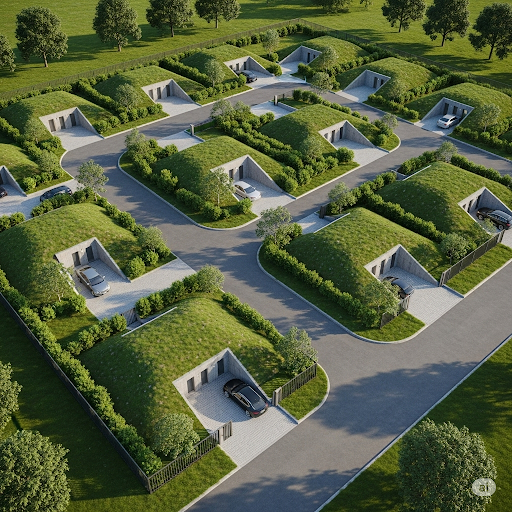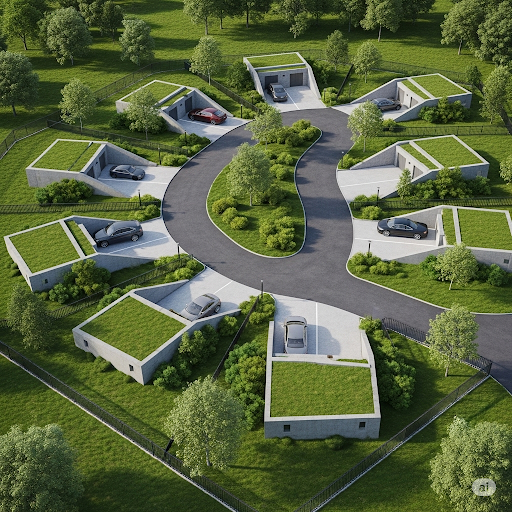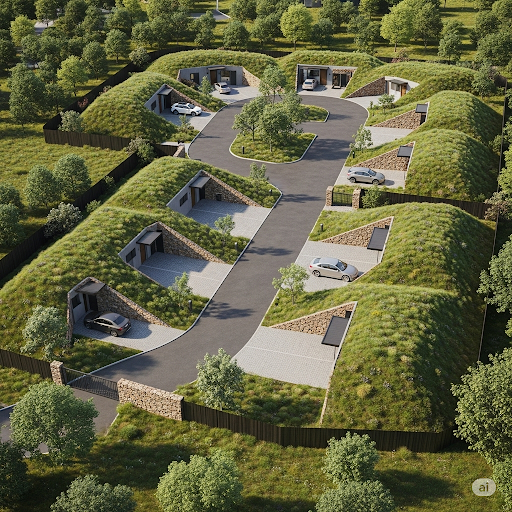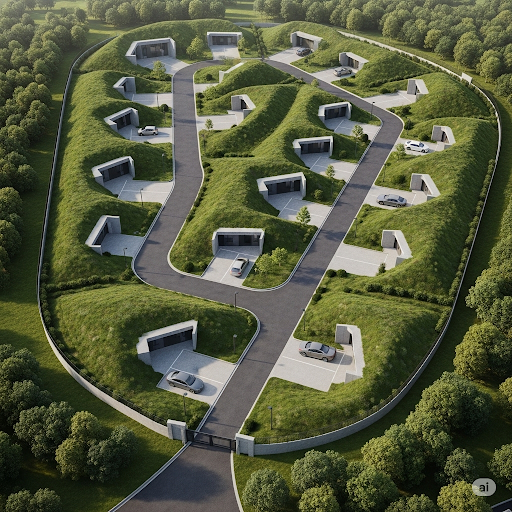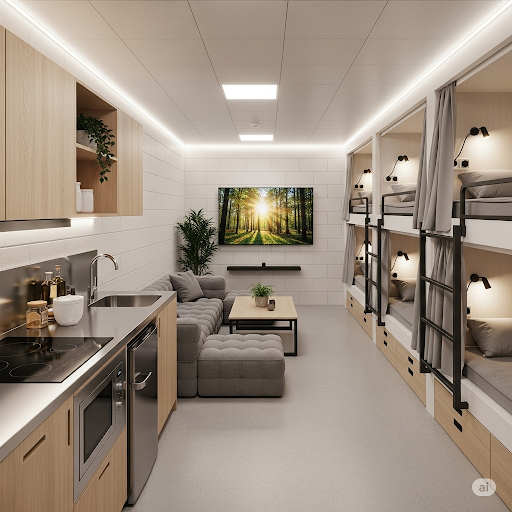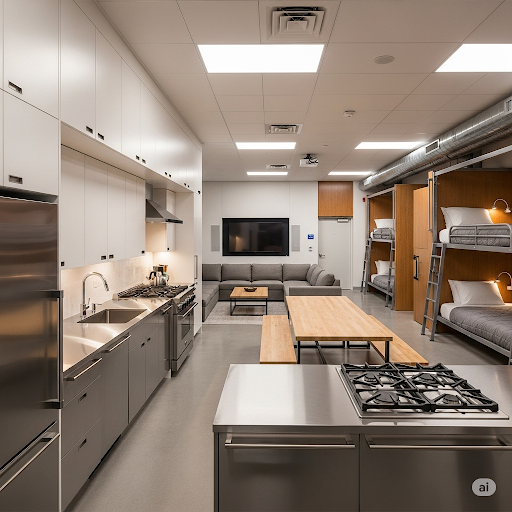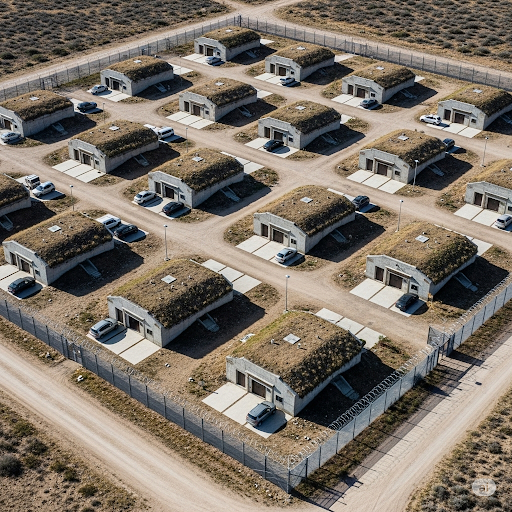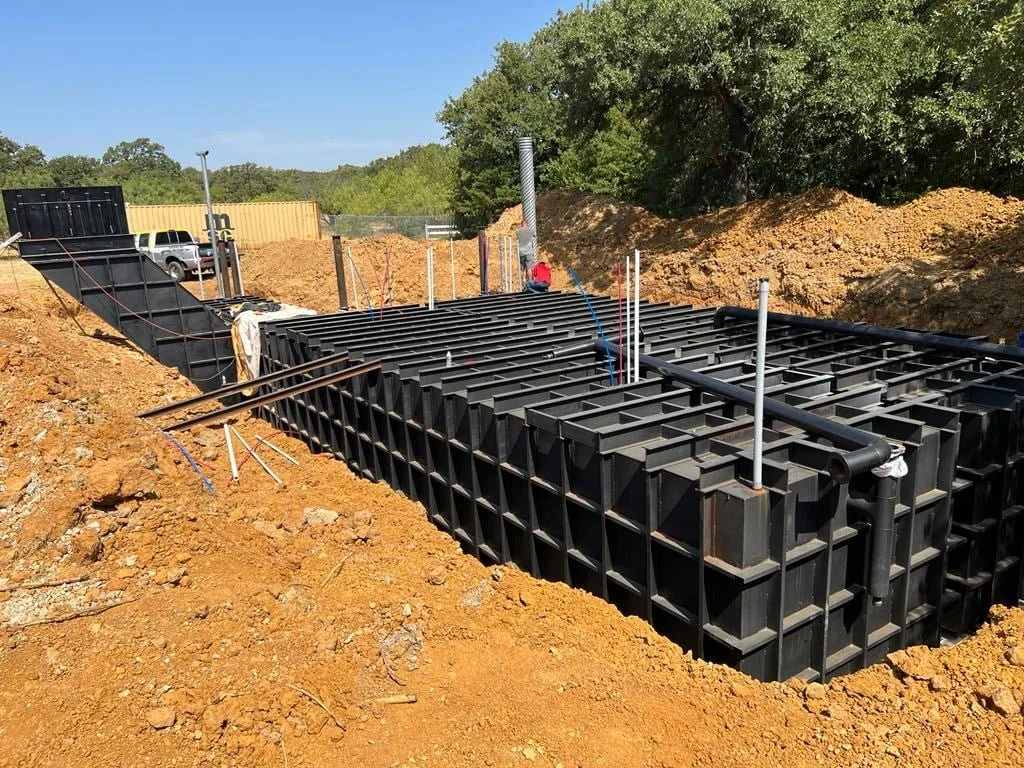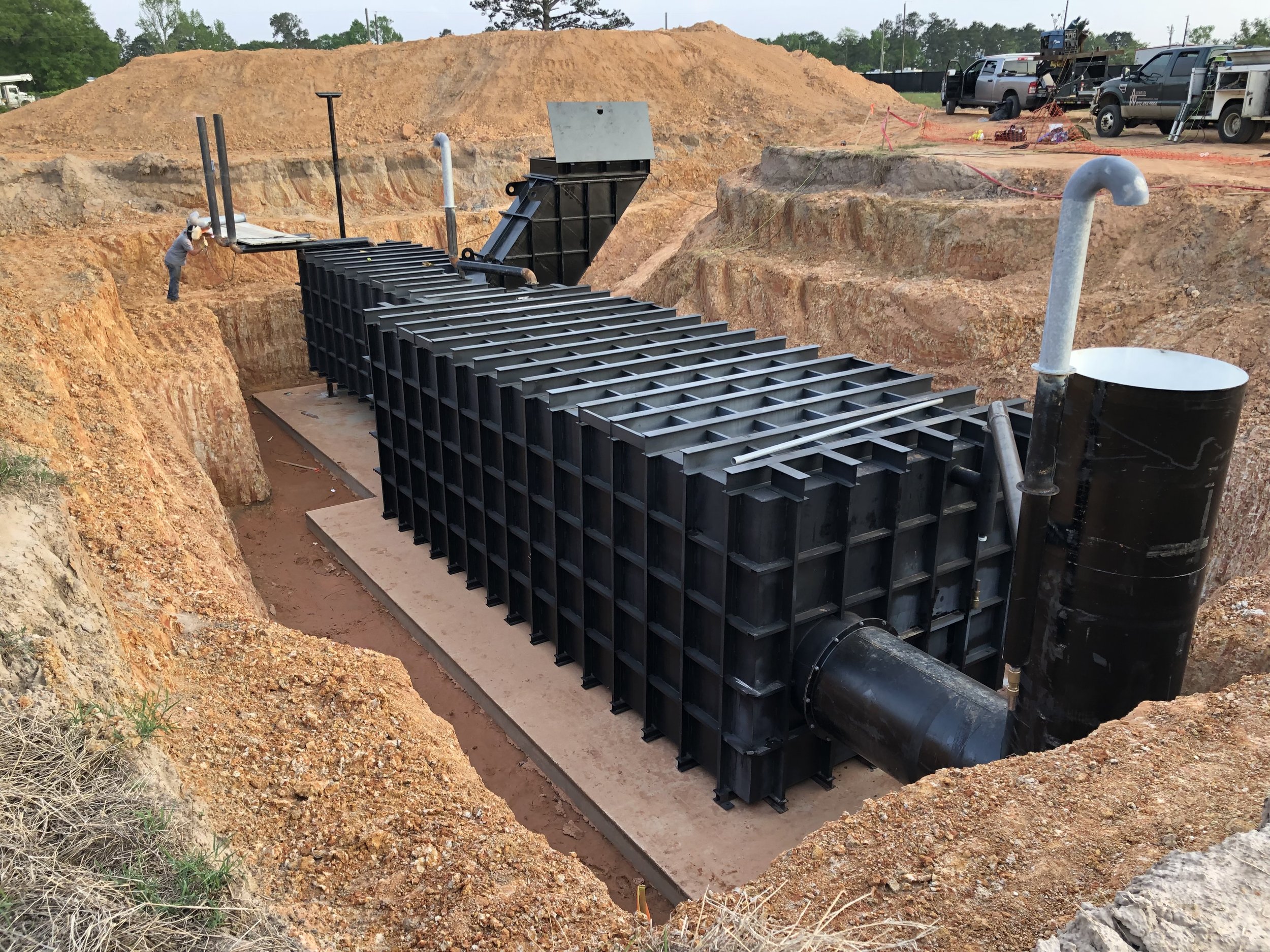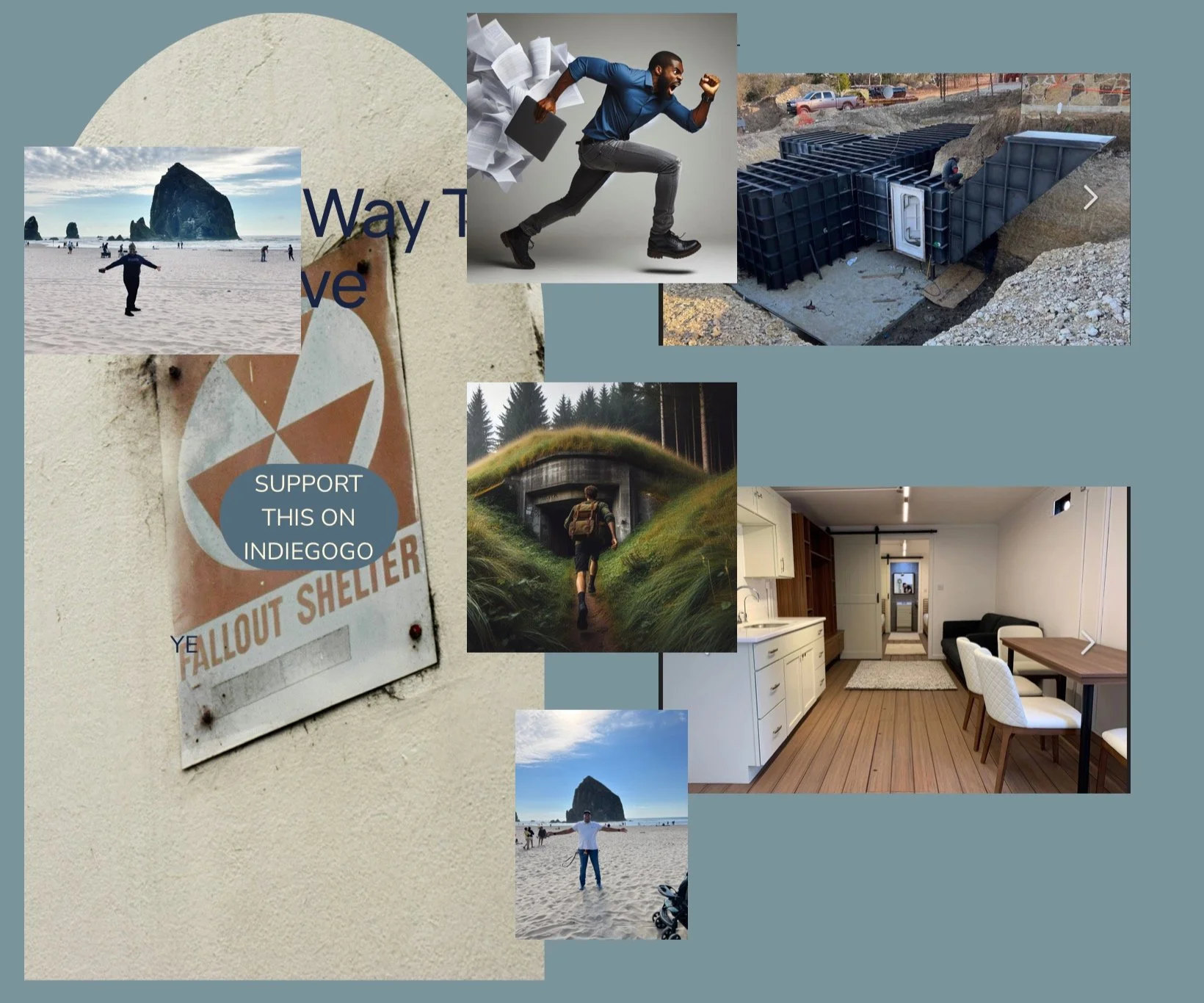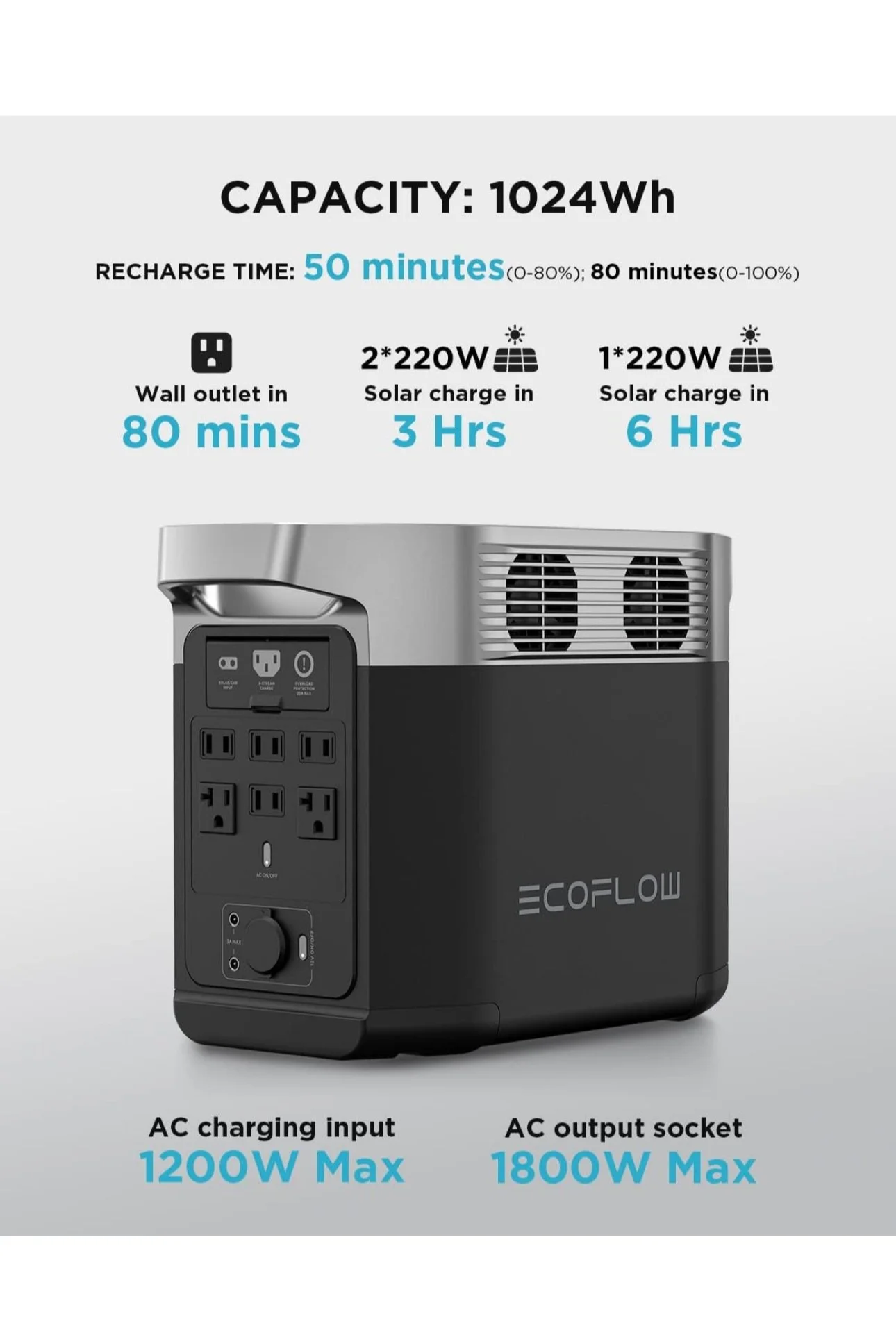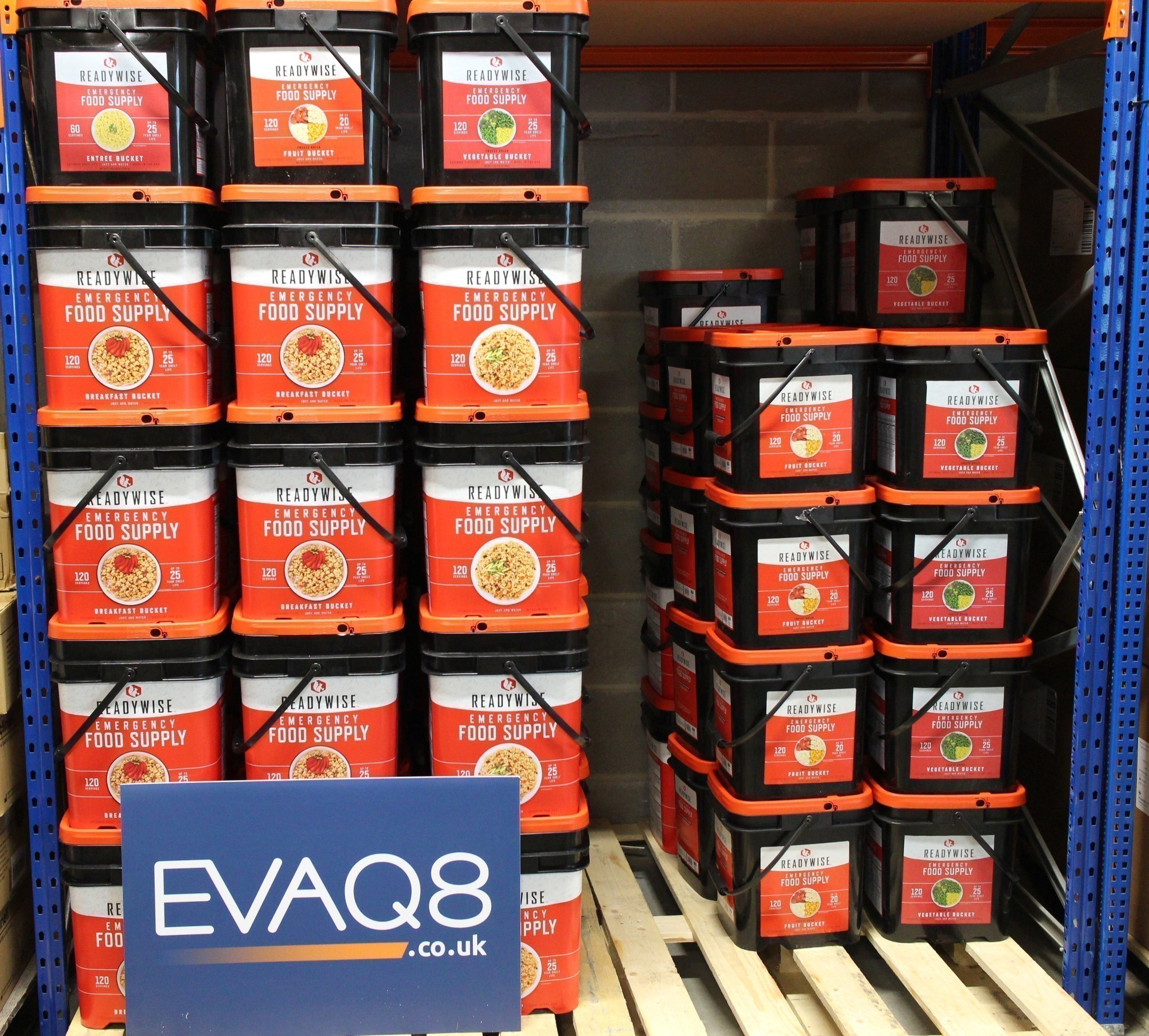Survive Anything
Concept Business Idea I have Below
Call or Text 253-407-0691
Creating a community bunker business is a very specialized and capital-intensive venture. It's a significant step beyond simply selling individual bunkers, as it involves real estate development, community building, and long-term management. Here's a detailed guide on how you could approach this:
1. Concept and Vision
* Define Your Community: What is the philosophy behind your community bunker? Is it a short-term shelter for a specific disaster, or a long-term, self-sustaining community? Will it be a luxury retreat for the wealthy, or a more egalitarian, cooperative model?
* Target Audience: Your vision will dictate your target audience. Are you targeting families, survivalist groups, or a mixed demographic? This will influence everything from bunker size and amenities to the rules and social structure of the community.
* Location, Location, Location: The location is paramount. You need a site that is:
* Geographically Stable: Away from major fault lines, flood zones, or other natural disaster-prone areas.
* Secure: A remote location that provides a natural barrier and a sense of privacy.
* Resource-Rich: Access to a reliable water source (e.g., a well, underground spring) and a viable plan for food production (e.g., a greenhouse, hydroponics).
2. Business Planning and Funding
* Comprehensive Business Plan: Your business plan will need to be incredibly detailed. It should include:
* Market Analysis: In-depth research on the "prepper" and survivalist market, including demographics, spending habits, and existing competitors like Vivos.
* Financial Projections: You'll need significant capital for land acquisition, construction, and outfitting the bunkers. This section should detail your funding strategy (e.g., private investors, loans, or pre-sales of units).
* Revenue Model: How will you make money? This could be through one-time sales of bunker units, ongoing membership fees, or a combination of both.
* Exit Strategy: What happens if the business doesn't succeed or you want to sell it?
3. Legal and Regulatory Framework
* Real Estate Law: This is a real estate development project. You'll need to work with lawyers who specialize in land use, zoning, and property development.
* Building Codes and Permits: Bunkers are a unique type of construction and will likely require special permits and engineering certifications to ensure they meet safety standards.
* Community Governance: How will the community be governed? You'll need to create a legal framework for a homeowners' association or a similar entity. This will cover rules and regulations, dispute resolution, and maintenance responsibilities.
* Liability: The legal liability in this business is immense. You'll need robust insurance to cover all aspects of the project, from construction to the long-term safety of the inhabitants.
4. Development and Construction
* Architectural and Engineering Design: Hire a team of experts to design a multi-unit underground structure that is safe, secure, and habitable. The design must account for air filtration, power generation, water and waste management, and structural integrity against a range of potential threats.
* Construction Process: This will be a massive undertaking. You'll need to manage a team of contractors, engineers, and construction workers. Consider using durable, pre-fabricated materials where possible to speed up the process and ensure quality.
* Interior Outfitting: The "ready-made" aspect is crucial. The bunkers should be fully equipped with life support systems, furnishings, and long-term supplies. This is what justifies the high price point.
5. Community Building and Management
* Screening Process: A critical part of a community bunker is the community itself. You'll need a rigorous screening process to vet potential members and ensure they are a good fit for the group and will contribute positively to the survival environment.
* Rules and Protocols: Establish clear rules for community life, including everything from resource rationing and security procedures to social etiquette and dispute resolution.
* Long-Term Management: This is not a "build it and forget it" business. You'll need a team to manage the facility, perform maintenance, and ensure all systems are in working order. This is a core part of the ongoing "membership fee" value proposition.
6. Marketing and Sales
* High-Value Marketing: Your marketing will need to be sophisticated and targeted. Focus on publications, events, and online communities that cater to high-net-worth individuals and serious survivalists.
* Transparency and Trust: Building trust is paramount in this business. Be transparent about your building process, the materials you use, and the long-term viability of your project.
* Highlight the "Community" Aspect: Differentiate yourself from companies that just sell individual bunkers by emphasizing the value of a pre-vetted, purpose-built community. This is a significant selling point for many people.
A community bunker business is a niche and demanding enterprise. It requires a significant investment of time and capital, as well as a strong understanding of engineering, construction, law, and community management.



